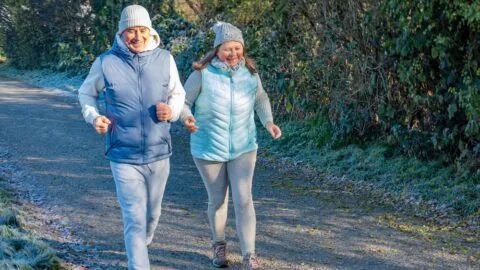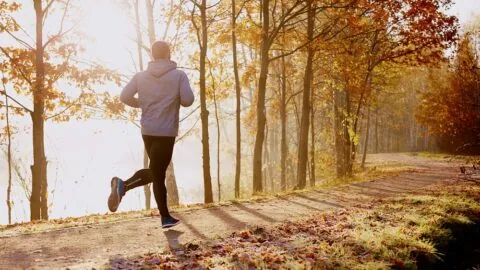February 03, 2026
A new study suggests that, if sets are taken close to failure, the amount of weight on the bar does not determine muscle growth. However, individual differences in muscle-building ability appear to be real [1]. How should we train? Muscle mass and strength are among the strongest predictors of longevity, but the best way to...
January 23, 2026
A new study links exercise variety, defined as regularly engaging in several types of physical activity, to significantly lower all-cause mortality. Exercise amount matters as well, but the effect plateaus quickly [1]. How exactly is it good for you? “Exercise is good for you” is a stale truism, but researchers continue to uncover new information...
October 31, 2025
A new observational study suggests that men need more than twice as much exercise as women do to achieve the same level of reduction in the risk of cardiovascular heart disease [1]. Understanding sex differences In recent years, scientists have questioned how much exercise is needed for tangible health benefits. Current guidelines from the American...
September 23, 2025
Scientists have discovered a pathway behind the known effect of exercise suppressing appetite: a lactate-related metabolite that acts directly on certain neurons. Not just more calories burned It has been long known that, somewhat counterintuitively, exercise transiently suppresses appetite. Scientists suspect that this contributes to exercise-related weight loss. However, the exact mechanisms behind this effect,...
August 22, 2025
A new study has found that professional soccer players experience a drop in their biological age after a match, as measured by biomarkers assessed with state-of-the-art methylation clocks [1]. We asked Dr. Steve Horvath, the study’s co-author, to comment. Clocks, stress, and exercise Epigenetic clocks have become extremely popular in the longevity field, both as...
August 15, 2025
Working with data from a smartphone app, scientists have shown for the first time that relocating to a more walkable city is linked to increased daily step counts [1]. Most of the increase consists of moderate-to-vigorous physical activity (MVPA), which is particularly healthy. A natural experiment in walking Recent research suggests that even modest increases...






